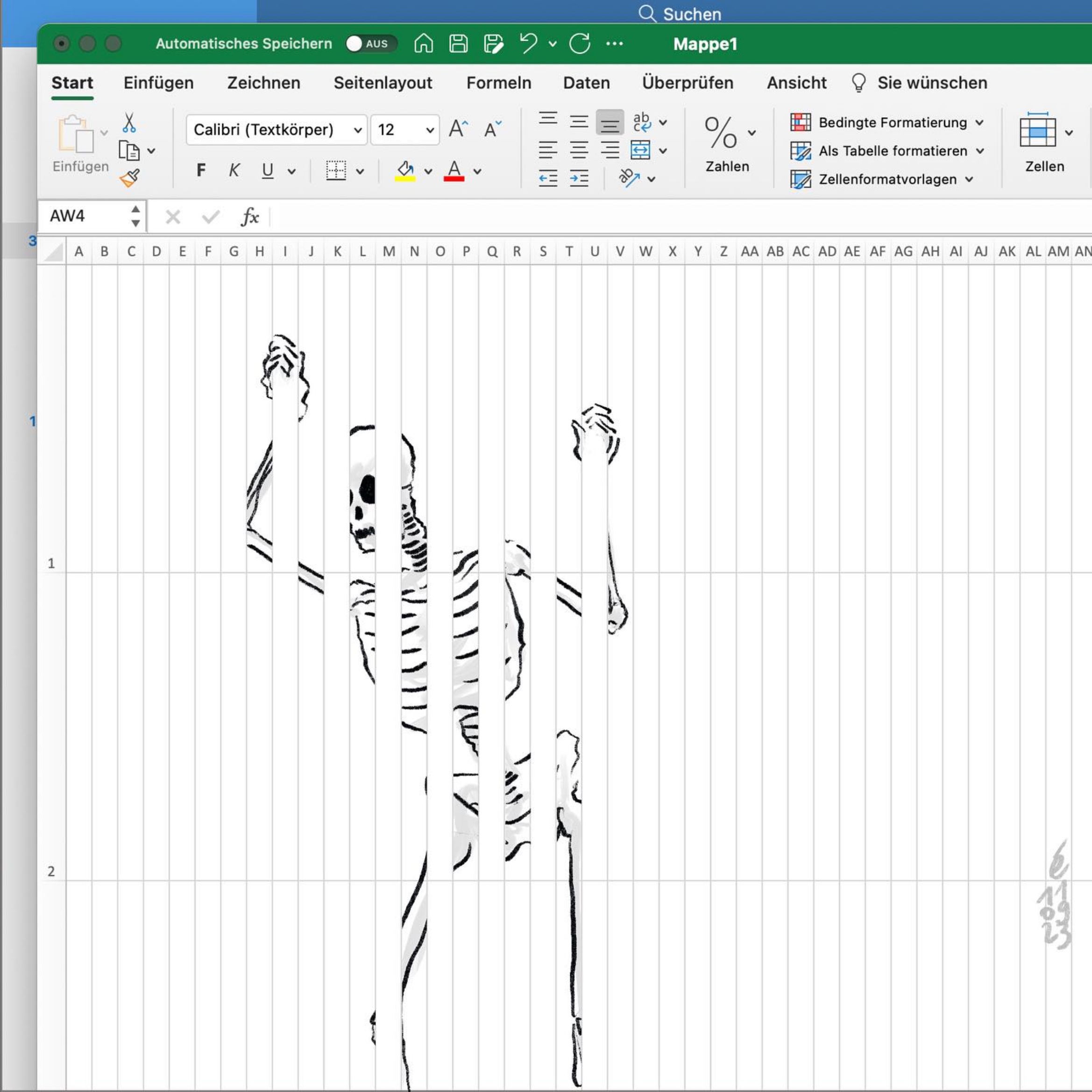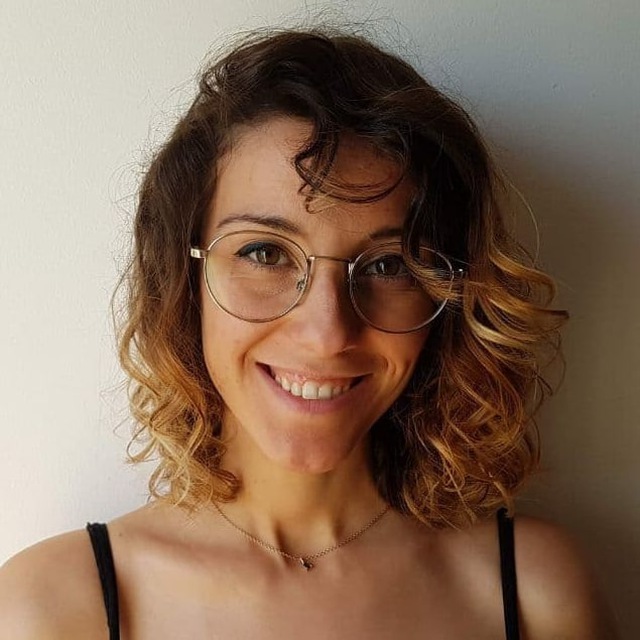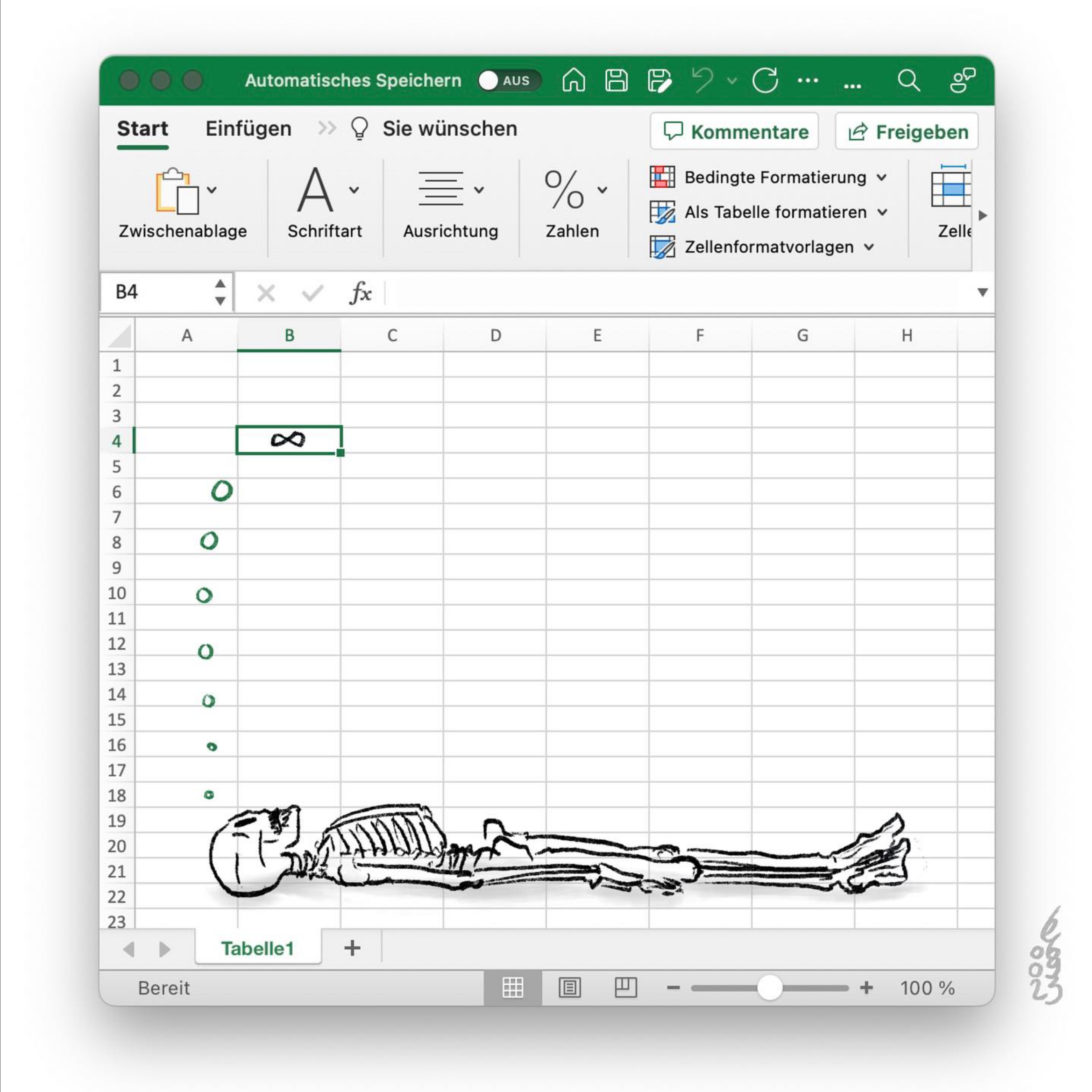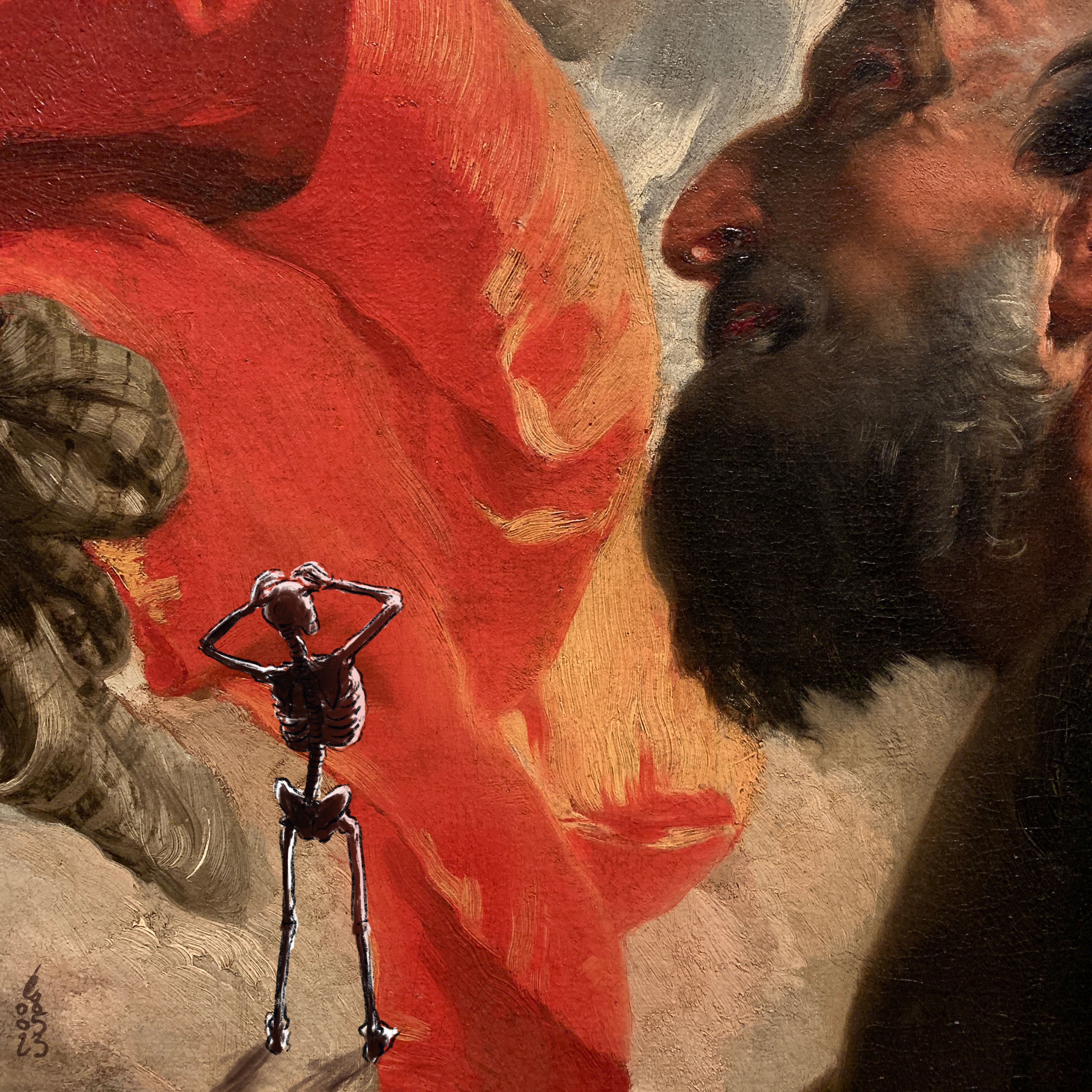
When we talk about regaining and designing desirable and just futures, we are also talking about the future of social organisations. Strengthening and boosting the Social and Solidarity Economy (SSE) is key to shaping this society of the future that puts the well-being of people and the health of ecosystems at the centre.
The strengthening of the SSE can be done through ethical crowdfunding, as we have been doing at Platoniq Foundation with the platform Goteo.org for more than 10 years. But we also need to transform “from the inside out” to consolidate this alternative socio-economic system to the logics of neoliberalism.
The Hero’s Expedition
Organisational visions are changeable; they mutate and transform. Strategic Planning is a key tool to reflect on the organisation’s identity, environment, trajectory and future. Through strategic planning we not only adapt to the environment, but we create our desired future, in our organisational culture and with our social objectives fulfilled.
At Platoniq we approach this process as an expedition represented by the metaphor of the hero’s journey. A journey that forces you to get out of your comfort zone and rethink yourself, to look inward and rethink how to improve internally and externally. This expedition is rewarding but not easy. Reluctance can arise, it can be uncomfortable, we can get lost. That is why the mentoring figure is so important, accompanying and guiding you along the way.
The hero is secretly supported by counsels, charms and other veiled agents who provide supernatural aid. Or it may be that here he discovers for the first time that there is a benevolent power everywhere ready to support him in his superhuman journey.
It is from this tool with great transformative potential (internally and externally) that we at Platoniq accompany social organisations and SSE entities to strengthen themselves by envisioning desirable futures.
Why make it a participatory process?
As an expert foundation in participatory processes and innovative methodologies of participation, we consider it essential to develop this process in a co-created way, including all the people in the team. What do we achieve with this?
- Make the process more democratic.
- Integrating multiple perspectives, taking advantage of the potential of collective intelligence.
- To strengthen the team’s sense of belonging and alignment with the mission.
- Greater transversal knowledge of the organisation, its stakeholders, its areas of work and its functioning.
- Greater agility in detecting opportunities, classifying them in order of priority and exploiting them.
- Drawing up a solid, lively, adaptable Strategic Plan that can be adapted and anticipated to the different needs that may fluctuate over time.
Over every mountain there is a path, although it cannot be seen from the valley
On this basis, we have designed our own methodology to approach the process of developing the strategic plan.
The importance of team motivation
Such a planning process involves a considerable amount of work. If this process is to be approached through participatory methodologies, it is essential that the team is aware of the importance of the strategic plan, so that they see the sense in investing that amount of time and effort.
Some questions we can ask ourselves individually and collectively to design our own utopia within the organisation and start this process with motivation and energy are:
- Think, where do you see yourself in 3-4 years, within your organisation? Where would you like to be? What would you like to learn? What do you see yourself capable of contributing? What area motivates/excites you the most?
- What would you like your organisation to look like in that time? How would you like to transform it?
- Where should the organisation go? What goals do you want to see achieved?
- If you can already proudly say that you are part of your team, can you imagine in 3-4 years’ time how proud you will be to be part of a pioneering organisation that is a reference in its field?
- Can you imagine, in 20 years’ time, looking back and being able to say “I was there; I was part of this; I helped make this happen”?
- In this way, everyone can imagine a horizon to aim for, one that serves as motivation to invest their energy in this expedition.
In this way, everyone can imagine a horizon to aim for, one that serves as motivation to invest their energy in this expedition.
So what is the point of good strategic planning?
Strategic planning is the tool used by organisations for diagnosis, analysis, reflection and decision making, on their objectives and the focus of their future activities, in order to adapt to the changes and demands of the environment in accordance with their raison d’être.
Good strategic planning can mean:
- Work less and work better
- More agility and better results with less effort
- A more aligned team thanks to common objectives
- Better planning = more profitability = better working conditions, more investment = more wellbeing at work and less stress
- Motivating, exciting and inspiring communication
Planning serves to analyse the situation, decide in which direction we want to transform it, and use resources efficiently, selecting the most appropriate alternative from among certain alternatives.
Shall we collaborate?
If your organisation is interested in starting a rewarding expedition of this kind and you are interested in Platoniq’s support and mentoring-as we have done with organisations such as the Fundació Pare Manel-, let’s get in touch!
We can provide you with support in:
- The elaboration and facilitation of internal participatory processes for the design of strategic plans
- Participatory diagnosis + recommendations
- Theoretical framework and contextualisation with data
- The elaboration of narratives to communicate the mission and vision
- Evaluation of policies and strategic plans



